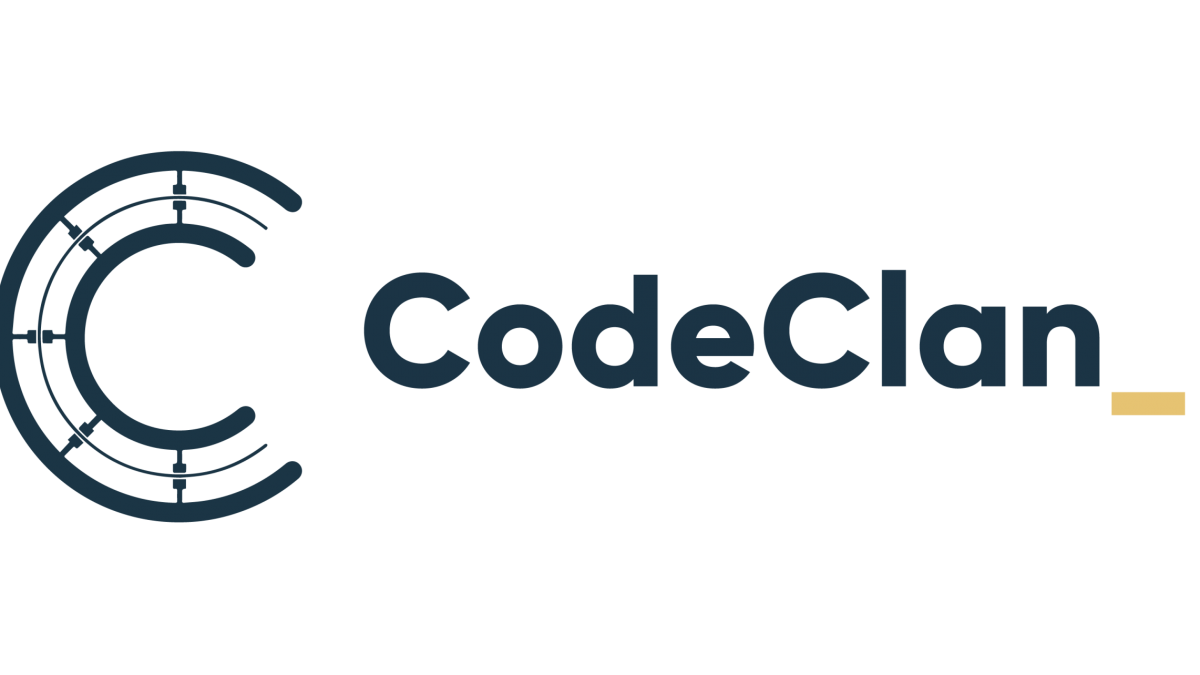From the latest iPhone to contact-less payments at the checkout, it’s fair to say that the modern world is dominated by digital. But do you ever stop to think “How does it all work?”
There’s research, science, creativity and code behind all of our smartphone apps and social media accounts, with the late Steve Jobs once stating that everybody should learn how to programme a computer because it teaches us how to think.
Learning to code gives you the freedom to make ideas come to life in exactly the way you imagined them, if not better. Best of all, you don’t need to be a maths genius or have a qualification to do it; all you need is a willingness to learn and an interest in technology.
So what is coding?
Coding is the process of writing computer programs with a set of instructions that a computer can interpret and display the correct information.
There are different types of languages to learn including Ruby, Python, JavaScript, Java and many more, but once you’ve mastered the basic principles of coding and understand the different areas of application, quick progress can be made to increase your coding skills.
How can I learn how to code?
So you’ve decided to give it a go, but where to start? You’ll find that the internet is your friend. There are a large number of online tutorials available and many of them are free. These sites will give you a solid introduction to coding and its many applications.
Codecademy: This is a great place to start your coding journey. It’s hands-on and interactive, making it an engaging learning experience.
Khan Academy: Khan offers a more personalised learning experience, enabling you to build your own dashboard and share creations with others.
MIT OpenCourseWare: The world famous Massachusetts Institute of Technology (think Good Will Hunting) have online courses. Their Introduction to Computer Science and Programming course is aimed at students with little to no experience and it is a great place to start for those looking to learn the basics of the Python programming language.
Udemy: An online learning marketplace with a great selection of both paid for and free course materials, including a variety of courses for online web development and programming.
edX: An open source online learning community founded by colleges and universities from around the world. It offers a wide variety of courses from verified institutions, which can earn you certifications.
freeCodeCamp: An open source community where you can learn to code, build a portfolio and help non-profit organisations with their coding needs – do something good while you code!
The Odin Project: A project based open source curriculum developed by web developers for web developers which is great if you are trying to build a website.
MIT App Inventor: A beginner’s introduction to programming and app creations. The cloud-based tool will guide you through the simple steps to building your first app
Treehouse: Although not free, Treehouse is a fast, easy and affordable way to start your coding journey with a variety of resources and videos created by experts.
Who can I speak with to find out more?
CodeClan is running free lunchtime taster sessions in Edinburgh on Tuesday and Thursday and in Glasgow on Friday this week to mark National Coding Week. CodeClan is the UK’s only accredited digital skills academy and holds regular drop-ins throughout the year.
Keith Douglas is an instructor at CodeClan.




